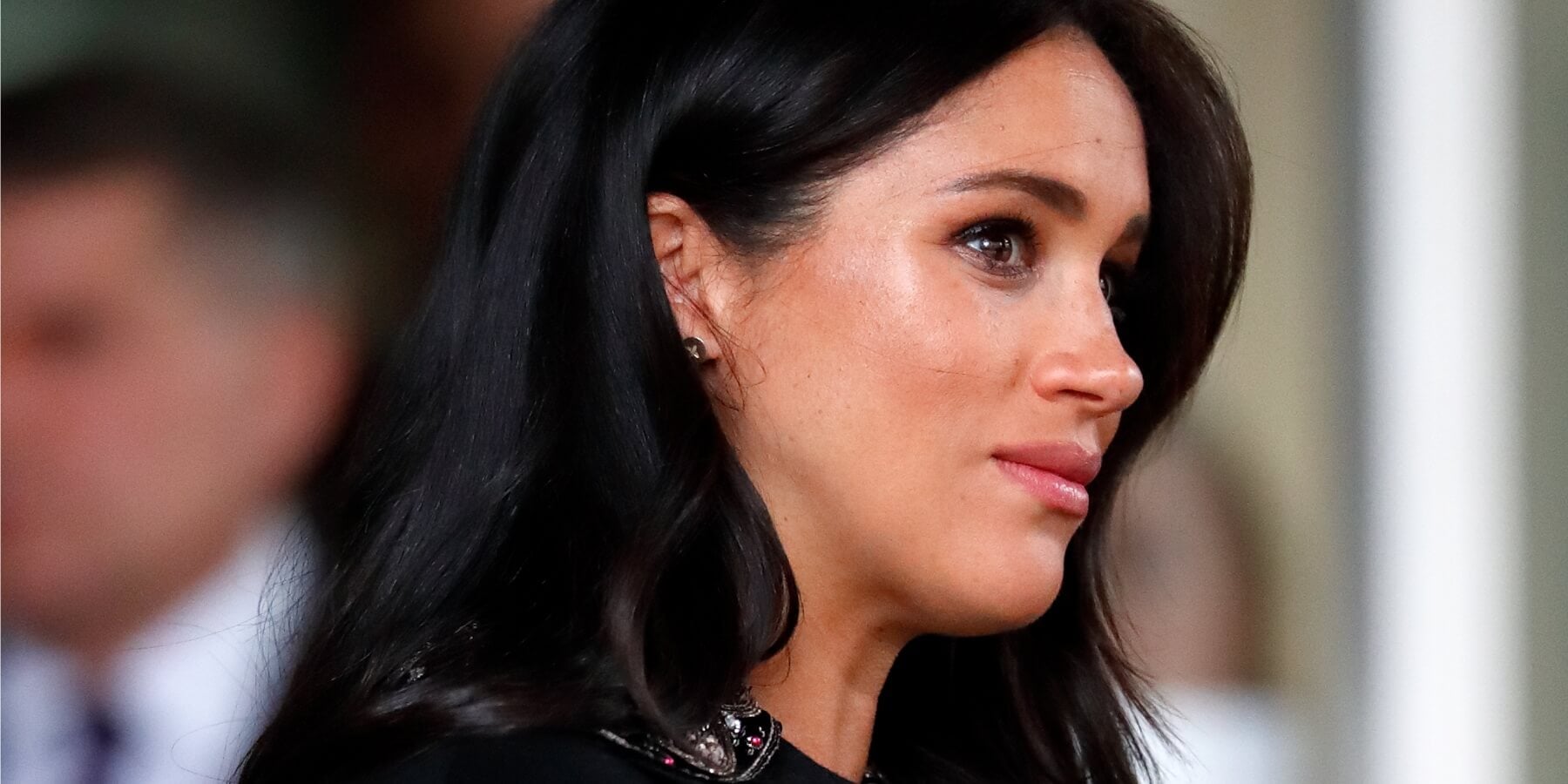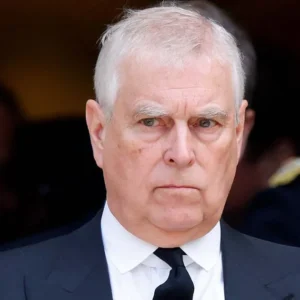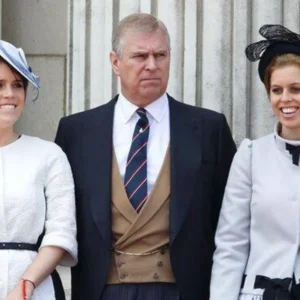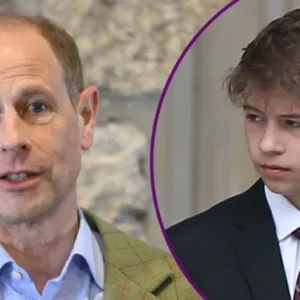
Meghan Markle, the Duchess of Sussex, recently shared a deeply personal reflection about a medical treatment that profoundly impacted her life. During a candid interview, she opened up about the emotional and physical challenges she faced, offering encouragement to others navigating similar experiences. Her openness sparked widespread support online and highlighted the importance of speaking publicly about health and well-being.
A Rare and Emotional Public Reflection
In the interview, Meghan became visibly emotional as she discussed the personal growth and lessons she gained through her health journey. Her voice broke at moments, underscoring the depth of what she was describing.
She explained that the experience taught her the value of patience, resilience, and reaching out for support when needed. While Meghan did not disclose the exact details of the treatment, she focused on the broader lessons of self-awareness and prioritizing health.
Her comments resonated widely, with supporters across platforms expressing admiration for her willingness to speak candidly about personal challenges. Public figures sharing their health journeys can have a significant impact on public health discussions, according to experts.

Why Speaking About Health Matters
Health experts note that public figures discussing personal health experiences can help reduce stigma and inspire others to seek care. According to the World Health Organization (WHO), open conversations about physical and mental health can encourage early detection, improve treatment outcomes, and build supportive communities.
Similarly, the U.S. National Institutes of Health (NIH) emphasizes that breaking the silence around health challenges often leads to better understanding and greater empathy within society. For many individuals, hearing someone in the public eye speak openly can validate their own struggles and encourage them to pursue medical guidance.

Meghan’s Advocacy for Mental and Physical Well-Being
Throughout her public life, Meghan Markle has consistently emphasized the importance of both mental and physical health. In previous interviews and media appearances, including conversations with Oprah Winfrey and at various public events, she has highlighted how crucial it is to acknowledge emotional challenges and seek help.
In 2021, Meghan and Prince Harry’s Archewell Foundation partnered with several mental health initiatives, including supporting digital mental health resources and crisis support lines. Their work reflects a broader trend of encouraging open dialogue about emotional well-being, an area that experts say is critical to overall health.
According to Mayo Clinic, mental health plays a fundamental role in physical recovery and resilience. Emotional stress can affect physical healing, and psychological support is often an important component of medical treatment. Meghan’s emphasis on vulnerability and leaning on others aligns with evidence-based recommendations that social support improves health outcomes.
Encouraging Others to Prioritize Self-Care
During the interview, Meghan offered a message of encouragement to those facing their own medical or emotional challenges. She spoke about the importance of listening to one’s body, following professional medical advice, and practicing self-compassion during difficult periods.
She also reminded listeners that healing is rarely straightforward. According to Healthline, recovery from health challenges—whether physical, emotional, or both—often happens in stages. It can involve progress, setbacks, and ongoing adjustments. This realistic view of healing can help individuals set more compassionate expectations for themselves.
The Power of Vulnerability in Public Discourse
Experts in public health communication say that when influential individuals share their experiences, it can normalize vulnerability and promote healthier conversations. Dr. Vivek Murthy, the U.S. Surgeon General, has repeatedly emphasized the role of connection and honest communication in building a healthier society.
When individuals share personal experiences in a safe and responsible way, they can create spaces where others feel less isolated. Meghan’s interview reflected this approach by focusing on shared human experiences rather than private medical details. This balance allows public figures to contribute to important conversations while maintaining personal privacy.

The Broader Context of Meghan’s Public Role
Since stepping back from official royal duties in 2020, Meghan and Prince Harry have built a media and philanthropic presence centered on mental health, community support, and social impact through their organization, Archewell. They have produced documentaries, podcasts, and campaigns that aim to promote empathy and well-being.
Their work aligns with growing global awareness about the importance of mental health. The World Health Organization reports that nearly one in eight people worldwide live with a mental health condition. Access to support and reducing stigma are key priorities in improving global health outcomes. Public figures like Meghan Markle can play a meaningful role in amplifying these messages.
Meghan’s Message Resonates Online
Following the release of the interview, supporters shared messages of encouragement on platforms such as Instagram and X (formerly Twitter). Many praised her for being open about her emotions and for promoting self-care and patience during recovery.
While Meghan has often been the subject of intense public attention, this moment stood out for its vulnerability and focus on health rather than public life or royal matters. Social media responses highlighted how her words inspired individuals facing their own medical journeys.

A Reminder of Shared Human Experiences
Meghan’s decision to speak about her health journey without disclosing private medical information reflects a thoughtful approach to public engagement. It allows her to connect with audiences on shared emotional ground while protecting her personal privacy — something many individuals navigating health challenges strive to balance.
Her closing words during the interview were a reminder that self-care, patience, and leaning on others are essential parts of healing. This message, grounded in evidence-based health guidance, echoes what medical professionals often tell patients: recovery takes time, and seeking help is a sign of strength, not weakness.






